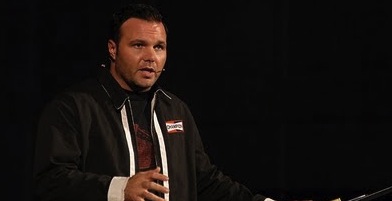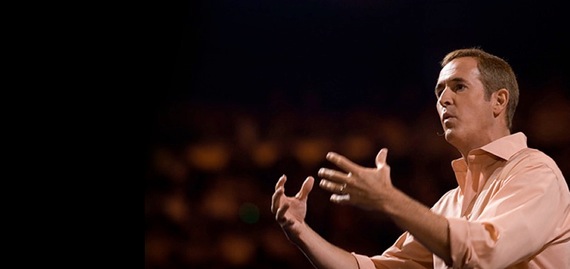 Walt Disney and Steve Jobs; two men who have had an incredible impact on history we know it. Stories that have touched our lives; life-long memories from family vacations. Technological advancements that have changed the way that we consume media. Both Steve Jobs and Walt Disney brilliantly led organizations that have had enormous impact on the world around them. But in the midst of this impact there is an interesting difference in respects to these two men and their families.
Walt Disney and Steve Jobs; two men who have had an incredible impact on history we know it. Stories that have touched our lives; life-long memories from family vacations. Technological advancements that have changed the way that we consume media. Both Steve Jobs and Walt Disney brilliantly led organizations that have had enormous impact on the world around them. But in the midst of this impact there is an interesting difference in respects to these two men and their families.
According to the book Steve Jobs by Walter Isaacson regarding why he wanted a biography to be written:
"I wanted my kids to know me," [Steve Jobs] said. "I wasn't always there for them, and I wanted them to know why and to understand what I did."
On our trip to Walt Disney World this week, we visited a showing of One Man's Dream in Hollywood Studios. During the movie the narrator spoke of Walt's relationship with his daughters, noting that he had a weekly daddy-daughter day. It was during one of those daddy-daughter days, as Walt watched his daughters play, that he noticed that the amusement parks were ragged, filthy, and not fun for parents. Walt envisioned a new type of amusement park that families, like him and his daughters, could enjoy together.
Whose World Do You Want to Change?
Both men changed the world. But at what expense? If putting a dent in the universe means sacrificing your own family, is that worth the sacrifice? In Steve Jobs on words, "Deciding what not to do is as important as deciding what to do." What do you want to do and what are you going to stop doing in order to do it? Maybe you change the world, first, by starting with your own home. What if you pastored your family well and then worried about pastoring your church? What if running your family organization was more important than starting a profitable business?
"A man should never neglect his family for business." - Walt Disney
I dream to have an impact on the world around me. But more importantly I hope to lead my family well.

 Apple is one of my favorite companies that exists, and
Apple is one of my favorite companies that exists, and 





 Catalyst is one of the
Catalyst is one of the





